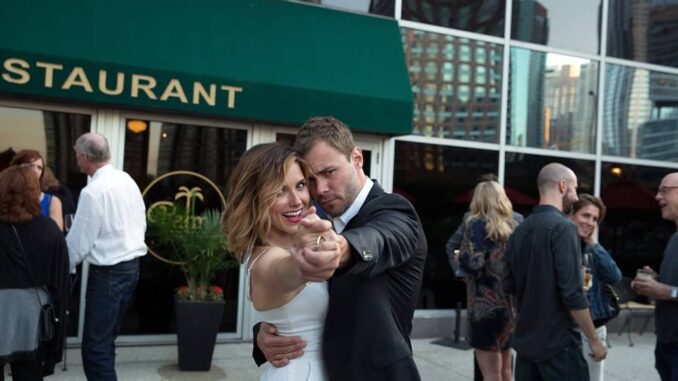
In a TV landscape crowded with crime dramas, Chicago P.D. continues to stand out—not because of flashy car chases or the sheer number of criminals arrested per episode, but because of something deeper. It’s the emotional glue that binds the Intelligence Unit together. The series thrives on three central themes: love, loyalty, and the complex balance between enforcing the law and breaking it. These aren’t just tropes—they’re the heartbeat of the show.
The Messy Beauty of Workplace Romance
Romantic entanglements within the unit have long been a staple of Chicago P.D. From the on-again, off-again saga of Kim Burgess and Adam Ruzek to the tragic love stories of Jay Halstead and Erin Lindsay or Hailey Upton and Halstead, relationships on the show are rarely perfect. But that’s what makes them real.
These storylines serve more than just fan service—they show how love survives in high-stakes environments. The toll of police work, especially in a unit as intense as Intelligence, creates unique obstacles. Watching these characters navigate passion, heartbreak, and the pressure of the badge adds a compelling emotional layer that keeps viewers invested.
Loyalty in Silence and Action
In Chicago P.D., loyalty is never loudly proclaimed—it’s shown in the silence, the looks exchanged across a crime scene, and the unspoken understanding in the bullpen. Hank Voight, the controversial yet magnetic leader of Intelligence, commands a fierce loyalty from his team. Even when his methods teeter on morally gray, his people follow him—not because they’re blind, but because they believe in the intent behind the actions.
This loyalty isn’t just to Voight—it’s to each other. From Trudy Platt always watching their backs to Kevin Atwater risking his career to protect what’s right, every character in Chicago P.D. has had to choose between self-preservation and standing by their team. That’s the kind of loyalty fans admire and root for.
The Gray Area of Justice
What sets Chicago P.D. apart from other cop shows is its refusal to paint the law in black and white. The series constantly asks difficult questions: When is bending the rules justified? Can you protect the innocent by breaking the law? Is it possible to be both a good cop and a good person?
Voight is the embodiment of this dilemma. He’s been called a hero, a criminal, and everything in between. His choices often spark debate among fans, and that’s exactly the point. Chicago P.D. doesn’t offer easy answers—it invites viewers to live in the moral ambiguity and wrestle with it alongside the characters.
Why We Keep Coming Back
At its core, Chicago P.D. isn’t just about crime. It’s about people—flawed, passionate, resilient people who risk everything for what they believe in. The love that defies circumstance, the loyalty that doesn’t need words, and the ongoing struggle to do what’s right in an unjust world—these are the tropes that give the show its emotional weight.
Fans don’t just tune in for the action—they return for the relationships, the personal battles, and the gray truths that mirror real life. In a world craving authenticity, Chicago P.D. delivers drama that’s grounded, raw, and human. And that’s why we can’t let go.
